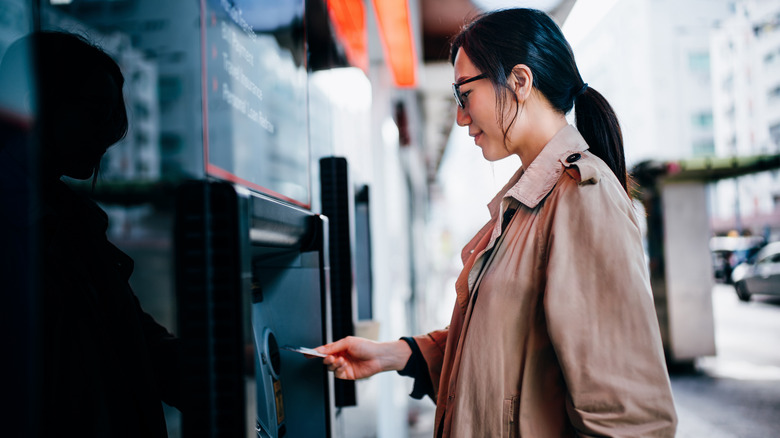
Traveling extensively as Rick Steves does, you start to not only grasp the spoken and written languages of the countries you visit but also the unspoken communication through body language. Steves has cautioned European travelers about withdrawing cash from specific ATMs throughout the continent and advised on which restaurants to avoid to save money while abroad.
Currently, Steves is warning about a risky practice in Europe that may endanger visitors. As highlighted in Rick Steves’ Europe blog post titled “Understanding European Gestures,” there’s a subtle movement that can lead to being scammed out of money and personal belongings: the eyelid pull. This discreet gesture varies in meaning depending on the country, so it’s crucial to be vigilant for it while traveling in Europe and understand its context varies based on the location.
How the eyelid pull is interpreted across different countries in Europe

Rick Steves explains the eyelid pull as placing an extended forefinger under the center of the eye, then pulling the skin downward. In Spain and Italy, this is interpreted as a friendly warning, akin to “Stay alert because this person is tricky.” In contrast, in Greece and France, it conveys “I’m on high alert. I see everything. You do not have the advantage over me.”
Much like how Steves described the growing prevalence of certain hotel scams, thieves, pickpockets, and criminals employ various tools and communication methods to deceive unsuspecting travelers. According to Escape.com, 2025 sees Europe experiencing a surge in scams, ranging from fake flat tires on roads to using real babies as distractions.
Ways to protect yourself and your belongings while traveling

If you’re not accustomed to visiting new places or are unfamiliar with the pace of big cities, preparing ahead of your trip is crucial to avoid being scammed at your destination. Not only should you keep track of your money, valuables, and information while abroad, but you should also research the location you’ll be visiting to understand the tactics scammers are employing.
Unlike when you’re home and can attempt to recover your money after being scammed, visiting another country presents additional challenges you’d rather avoid. Therefore, it’s essential to stay aware of your surroundings and mindful of where you keep items like wallets, purses, cell phones, jewelry, and passports. Never divulge personal information to strangers you don’t trust, and be cautious about following anyone to a private location away from others who might assist you. Most importantly, trust your instincts: if a situation feels wrong and you suspect a scam, walk away and seek assistance as soon as possible.






